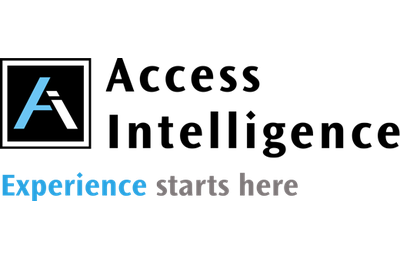2022-2023 Competition: Mars Gateway

Project Specifications
- Research the design and mission requirements of the Lunar Gateway, including its –
- Habitat and Logistics Outpost (HALO)
- Power, Propulsion Element (PPE)
- European System Providing Refueling, Infrastructure and Telecommunications (ESPRIT)
- International Habitation Module (I-HAB)
- Gateway Logistics Modules
- Gateway Airlock Module
- Canadarm 3 remote manipulator arm
- Based on this research, define the requirements for a Mars Gateway that take into account the greater mission durations involved and the variances in distance between Earth and Mars. This may affect size, mass, power, storage requirements for fuel and supplies, propulsion, communications and other factors.
- Develop a concept-level design in word and illustrations for the Gateway that meets the requirements.
- Outline the Gateway mission in words and illustrations from launch to orbit, transfer orbit to Mars and orbital insertion.
Team Specifications
Teams must be comprised entirely of students at one university. Teams will be limited to one per university, and team candidacy must be submitted through that university's SEDS chapter. We recommend between 3 and 10 members per team, but we encourage team leadership to include as many interested chapter members as possible. Individual team members must maintain student status at the university naming the team and may only contribute to one project at a time.
Since this is a student project, SSPI and SEDS expect student team members to do the vast majority of the work. Mentors are assigned to assist teams with overcoming the learning curve, but should not do substantial work on the project.









